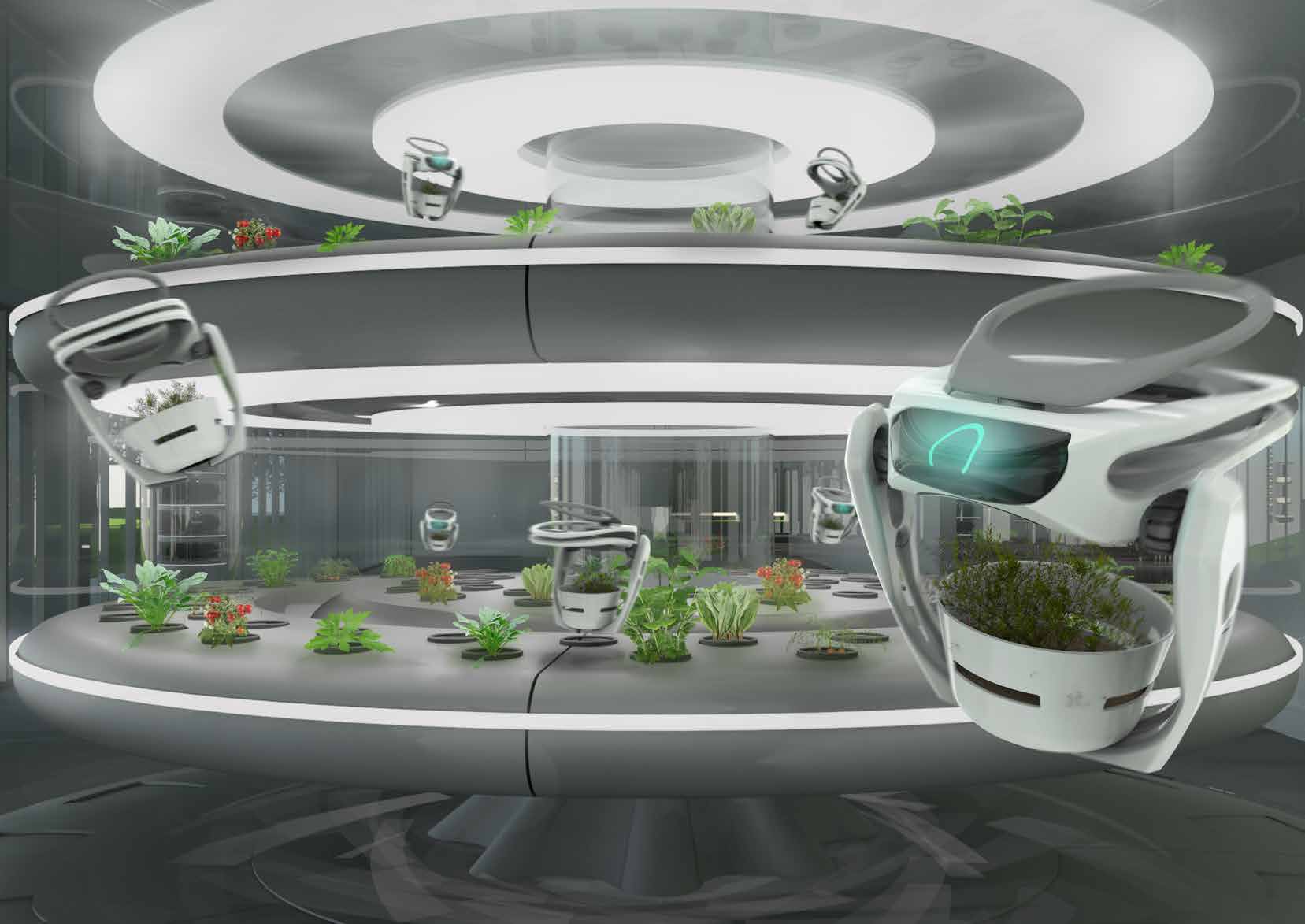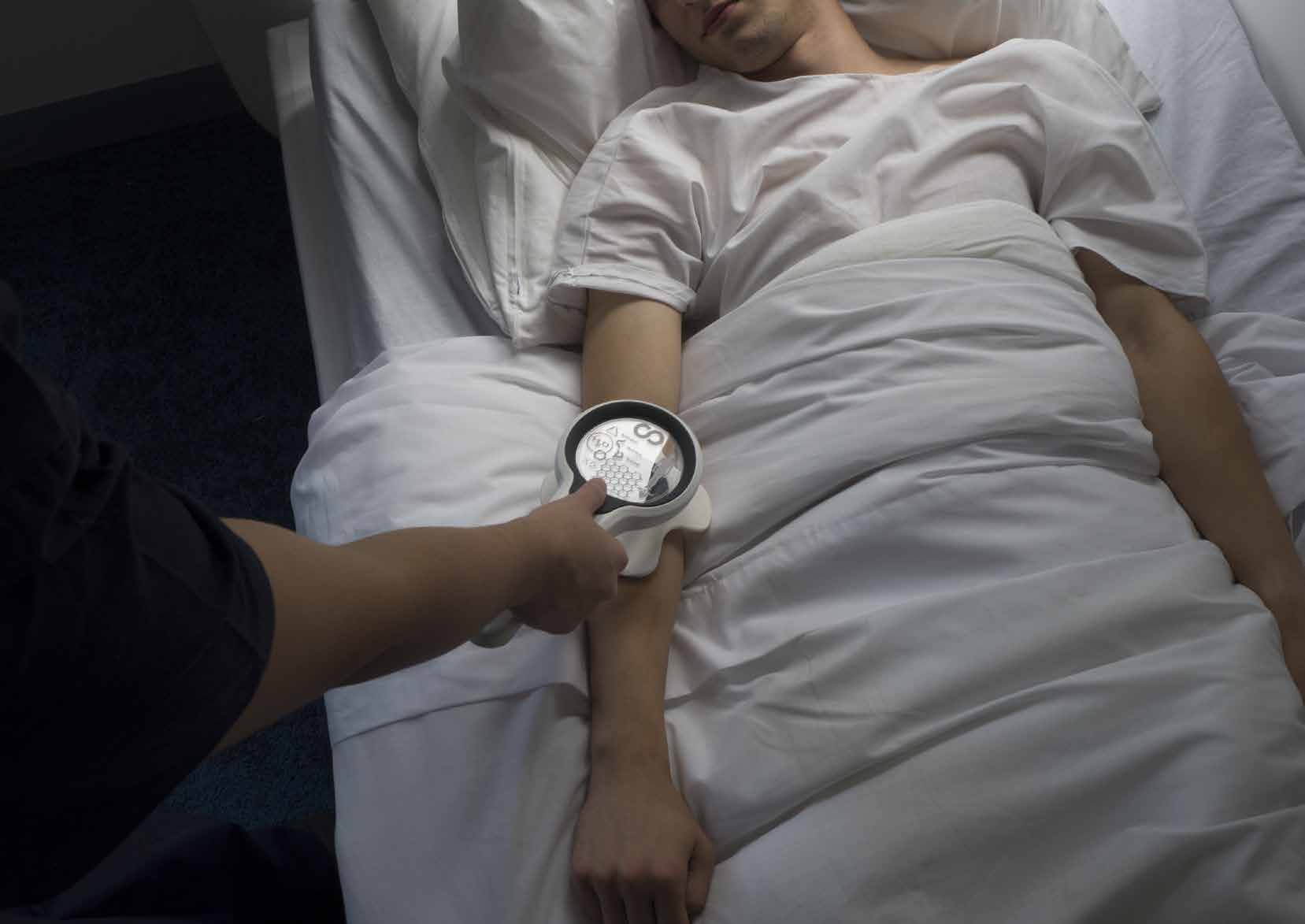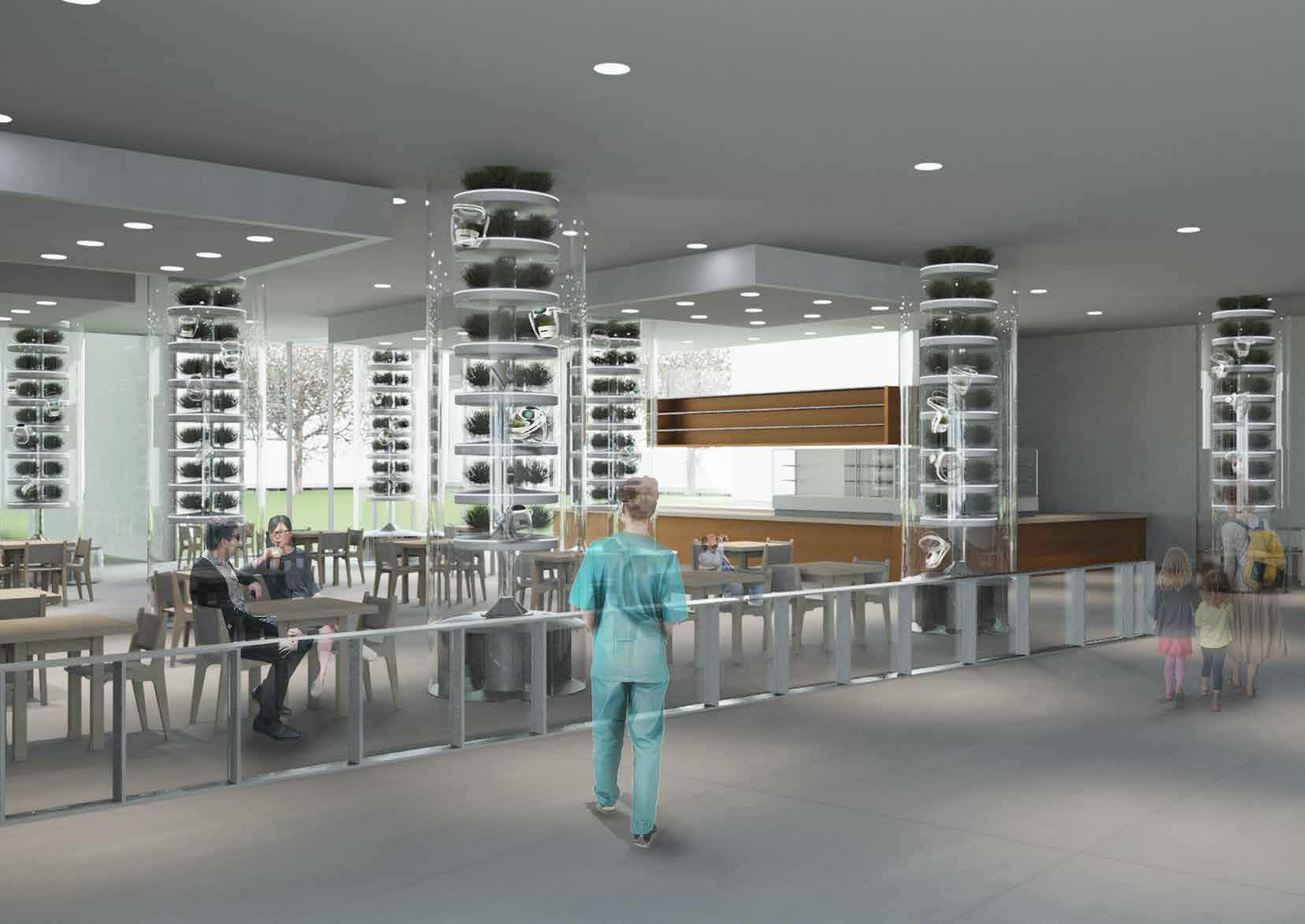Metaflora
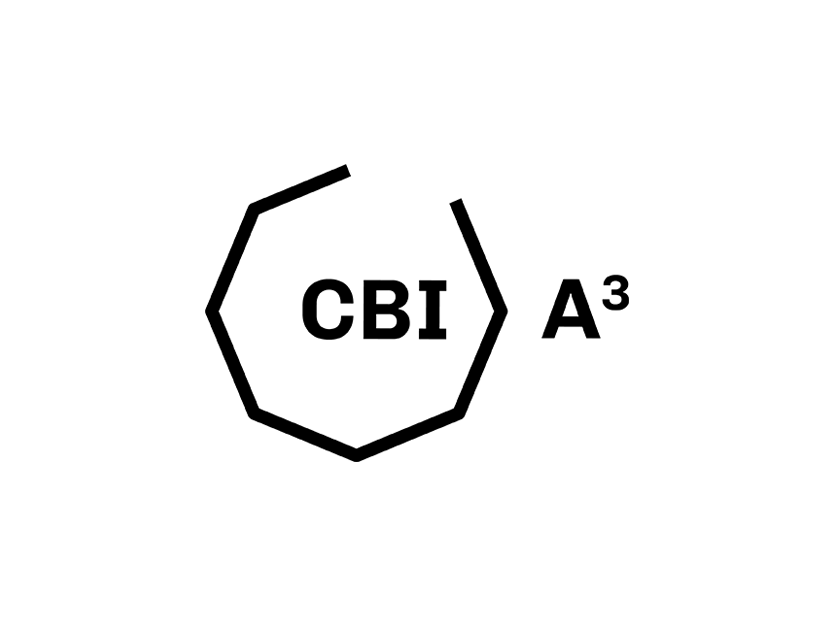
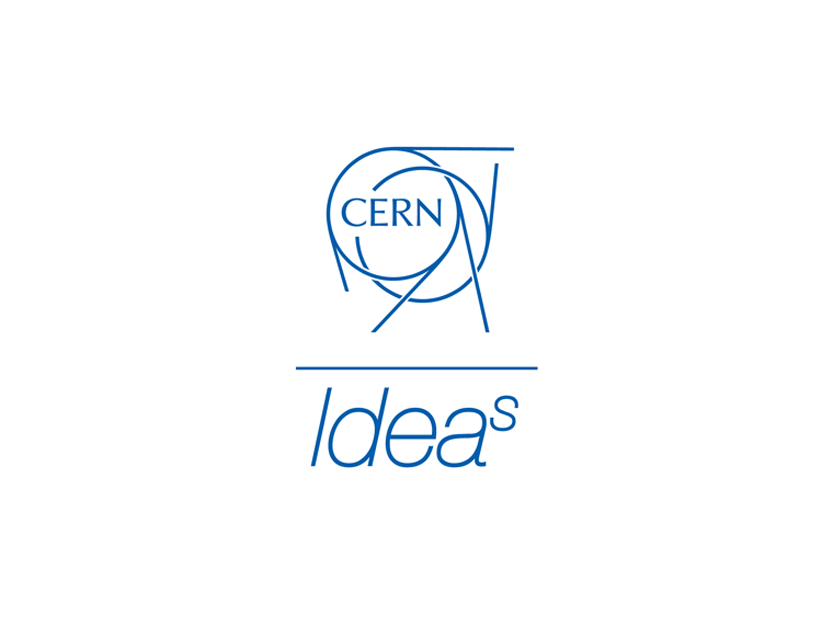
THE TEAM



THE CHALLENGE
This year, our team of students explored SDG 12 (responsible consumption and production) and how it could relate to their local context of Melbourne, Australia. They were tasked with making connections between the SDG and the potential of CERN technology, and to develop a tangible solution with future strategies for long-term implementation throughout 2020, 2025 and 2030.
THE APPROACH
The team was tasked with identifying a local problem related to theUnited Nations Sustainable Development Goals concerning responsible production and consumption and developing a solution to it by 2030 using CERN technology. The solution had to not only address this problem area, but in doing so it had to also utilise CERN’s technologies to address it. The solution was to be implemented in three implementation phases: 2020, 2025 and 2030. Although the solution was to be futuristic and “blue-sky” it had to also be backed by data on trends and predictions made by futurists as well as primary research regarding the relevant industries and stakeholders in order to produce a final solution that was both innovative and foreseeably implementable.
THE SOLUTION
The team’s conceptual solution to responsible consumption and production is to eliminate food waste in hospitals by 2030. Their final concept, Metaphor, is divided into two parts: Metaflora and Metaphora. The two parts ensure the concept addresses both patients who ingest their food and patients who absorb their food.
Metaflora is a self-sustaining hospital farm which grows plants according to patient supply and demand. By 2030, hospitals are expected to work under an electronic system. This opens up the opportunity for patient food orders to be electronically relayed to a ‘data hive’, which can then identify which crops are in demand and should be farmed, minimising waste. Drones will then plant, maintain, monitor and harvest the crops which are needed.
The compost used by the farm is composed of food waste from the past patient and visitor meals, as well as bodily waste which has been incinerated and decontaminated. The farm can also detect the presence of any contaminated compost or plants, which will notify a drone to have it removed.
Metaphora accommodates patients who cannot or do not wish to physically ingest food. Its main component is a silicon transdermal patch worn on the patient’s arm, containing biodegradable nano-nutrients. A nurse can then use Metaphora’s second component, a handheld infrared scanner, to scan the patch and determine the patient’s nutrition levels. The nurse can then identify any deficiencies and proceed to provide those required nutrients through the infrared heated activation of the patch’s nanoparticles.

